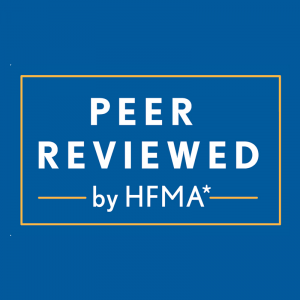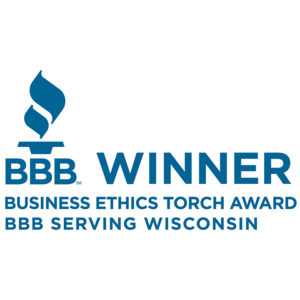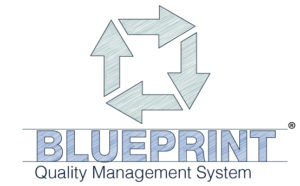In June 2012, the Department of Treasury announced proposed regulations affecting non-profit hospitals. Why, you ask, is the Department of Treasury proposing regulations relating to non-profit hospitals? Well, it turns out the Patient Protection and Affordable Care Act enacted a new section of the Internal Revenue Code, adding requirements for a hospital organization that is, or seeks to be, recognized as tax-exempt. While the proposed regulations set forth several requirements, we will focus on some of the limitations that relate to collection activity.
There are two time periods that hospitals and its collection agencies will need to be aware of under the proposed regulations. The first time period is the “notification period.” The notification period is the time during which the individual is notified of certain information about the hospital’s financial assistance policy (FAP). This notification period begins on the date care is provided and ends on the 120th day after the hospital provides the person with its first billing statement. The second time period is the “application period.” The application period is the time within which an individual has to submit an application for assistance under a hospital’s FAP. That time period begins on the date care is provided to the person and ends on the 240th day after the hospital provides the person with the first billing statement.
During the notification period, neither the hospital nor its collection agency may engage in “extraordinary collection actions” (ECA). The proposed regulations do not prevent a hospital from placing accounts with a collection agency during the notification period. However, since sale of debt is considered an ECA, the hospital cannot sell debt during the notification period. ECA also includes the legal or judicial process (commencing a civil action or other legal actions used to enforce a judgement) and credit reporting. The hospital or, if applicable, its collection agency, will need to notify the individual of any ECAs it or its collection agency may take if a FAP application is not submitted or the amount due is not paid at least 30 days before the end of the notification period. Each hospital should discuss all ECAs with its collection agency so that this final notice is consistent with the hospital’s and collection agency’s practices. In fact, the proposed regulations call for written agreements between the parties to cover FAPs and ECAs.
During the application period, if an individual is eligible for financial assistance under the hospital’s FAP, the hospital is required to refund any excess payments and to reverse any ECAs. Hospitals and their collection agencies will need to continue to work together to identify those accounts and establish a process for handling these situations.
As a reminder, these are proposed regulations. While there may be some revisions to these regulations, we expect that, for the most part, they will not change substantially. We also believe that most, if not all, of our health care provider clients, whether non-profit or not, have some form of billing and collections policy. We are happy to work with all of you on those policies insofar as they pertain to collection activities that we engage in.
About State Collection Service, Inc.
Since 1949, State Collection Service has provided quality collection service to countless healthcare organizations.
Through experience and innovation, State Collection Service has grown to become a tremendously credible and nationally-recognized collection agency offering services from pre-registration to bad debt. It is upon the basis of ethical behavior and a dedication to integrity that each State Collection Service employee works to uphold the company’s vision – Partnerships for a Lifetime.















